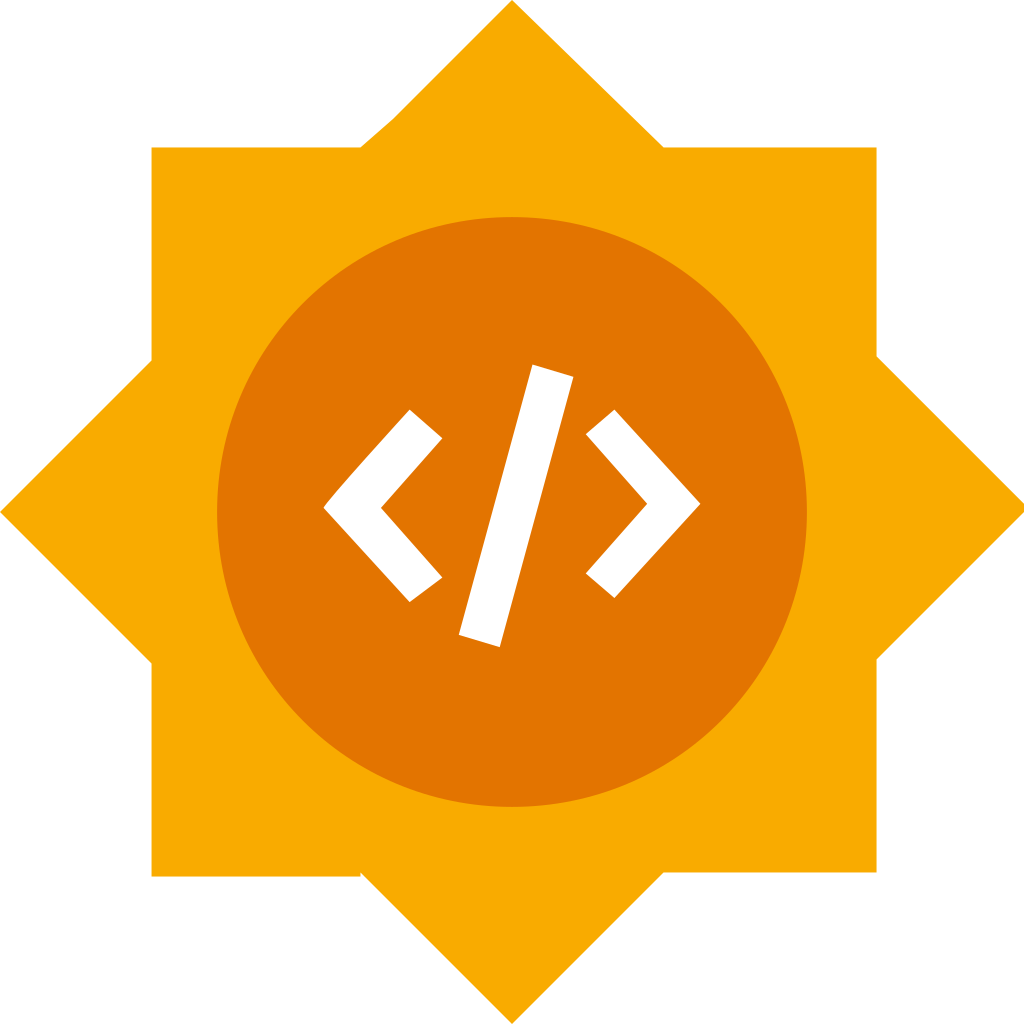By Pranjal Gupta
Migrating IntelOwl Analyzer Tests

Migrating IntelOwl Analyzer Tests: From Monkeypatching to a Structured Unit Testing Framework
For IntelOwl, which integrates dozens of analyzers to process a wide range of observables, maintaining robust and reliable tests is crucial. This summer, during my GSoC project, I worked on migrating IntelOwl’s analyzer tests from a monkeypatch-heavy approach to a structured, maintainable unit testing framework using Python’s built-in unittest module.
The goal was to improve reliability, reduce code duplication, and provide contributors with a simpler way to write and extend tests.
🌱 Pre-GSoC Contributions
Before being selected for GSoC, I was already actively contributing to IntelOwl and its ecosystem. These contributions not only helped me understand the codebase deeply but also demonstrated my commitment to the project.
Here are some of my notable pre-GSoC deliverables:
-
IntelOwl analyzers:
-
IntelOwl Integrations & SDKs:
These early contributions gave me strong familiarity with IntelOwl’s analyzers, ingestors, SDKs, and testing setup. Naturally, this became the foundation for my GSoC work on refactoring analyzer tests.
🔎 The Problem
Previously, IntelOwl relied heavily on monkeypatching for testing analyzers. While it worked, it came with drawbacks:
- Limited flexibility for adding custom tests for complex analyzers.
- Harder for new contributors to extend or debug.
We needed a systematic, scalable approach—one that could:
- Cover all analyzers with all supported observable types.
- Reduce duplication by leveraging reusable test classes.
- Support both automated and custom tests.
- Make future contributions easier.
🛠 My GSoC Work
I approached the migration in clear phases:
- Framework Design: Built a reusable superclass for analyzer tests, eliminating duplication and replacing monkeypatch-heavy logic.
- Expanding Coverage: Extended the framework to cover all analyzers, ensuring they worked with all supported observable types.
- Documentation: Wrote contributor-friendly guidelines to help future maintainers and contributors easily extend tests.
- Polishing: Final refinements, debugging, and optimization to make the framework stable and efficient.
By the end of GSoC, IntelOwl’s analyzers are now backed by a clean, extensible, and fully documented unit testing framework.
👉 Related PRs from my GSoC work:
🚀 The Outcome
Key achievements:
- ✅ 100% analyzer coverage with unit tests.
- ✅ Monkeypatching eliminated (where unnecessary).
- ✅ Custom analyzer tests applicable for complex cases.
- ✅ Contributor-friendly documentation for future maintainers and contributors.
💭 Reflections
Being part of GSoC with IntelOwl has been a truly rewarding journey. From my first pre-GSoC contributions to completing a full-scale migration of the testing framework, I’ve grown both technically and personally. It was an incredible learning experience—improving my skills in Python testing, open-source collaboration, and large-scale project design.
More than anything, I feel proud to have contributed to making IntelOwl more reliable and sustainable for the community. This journey has reinforced my passion for open source.
🙌 Acknowledgements
A huge thanks to the IntelOwl maintainers for guidance and feedback throughout the migration process.
